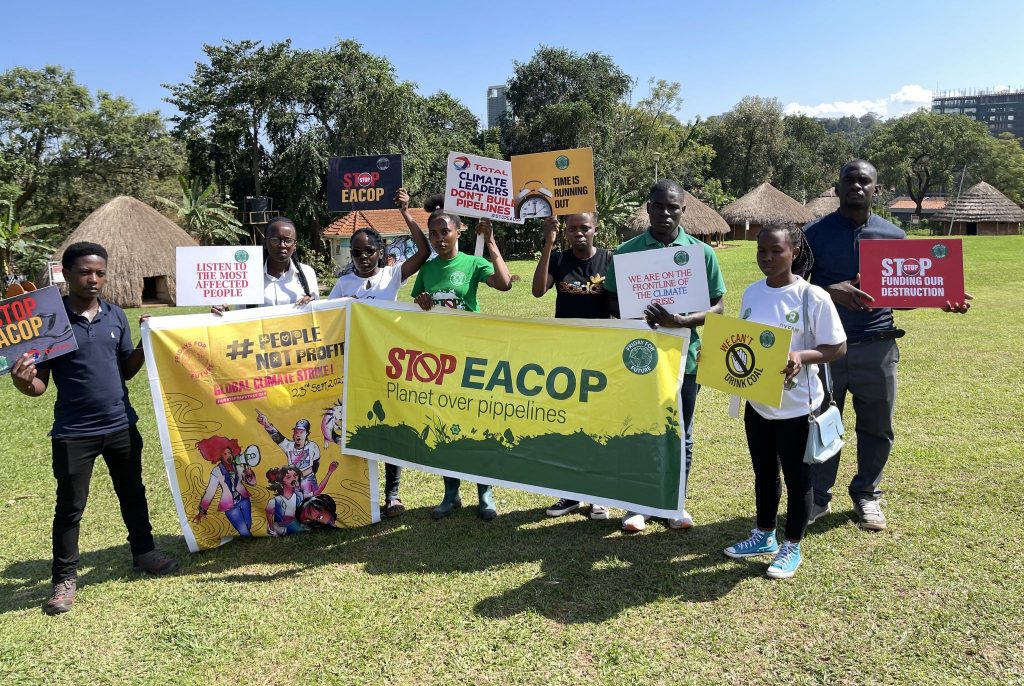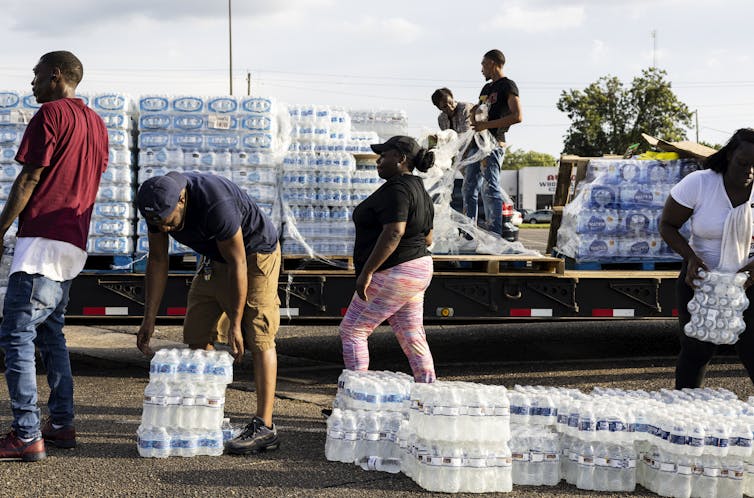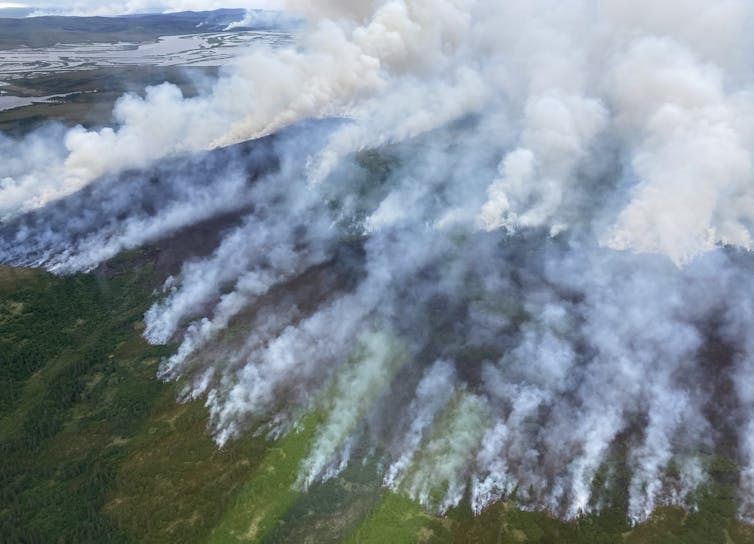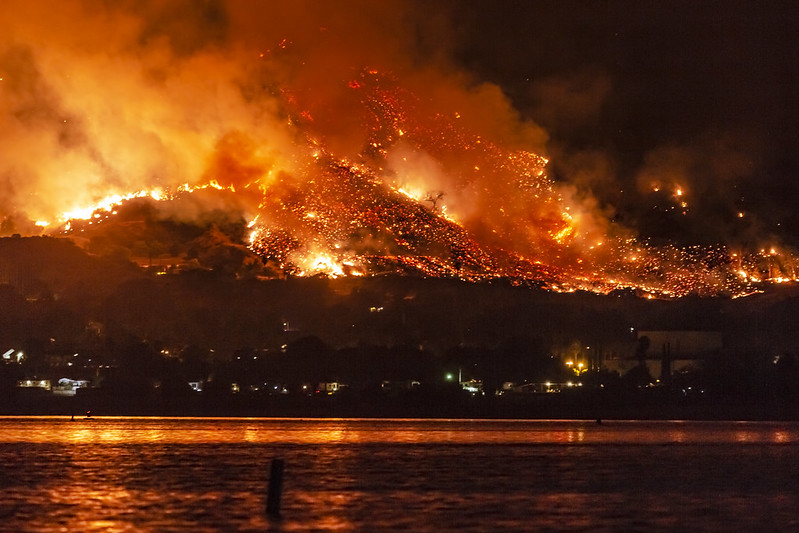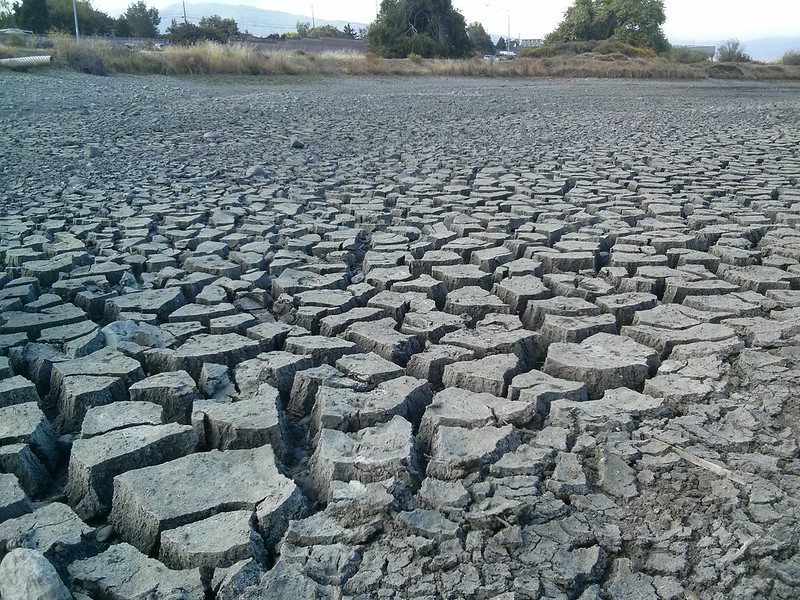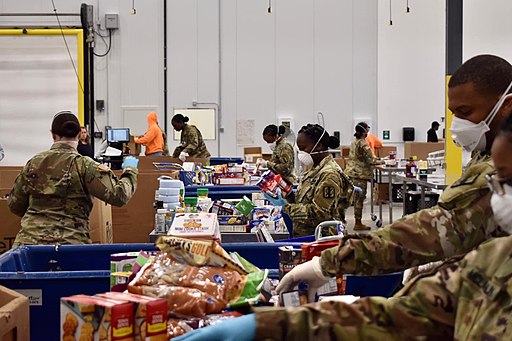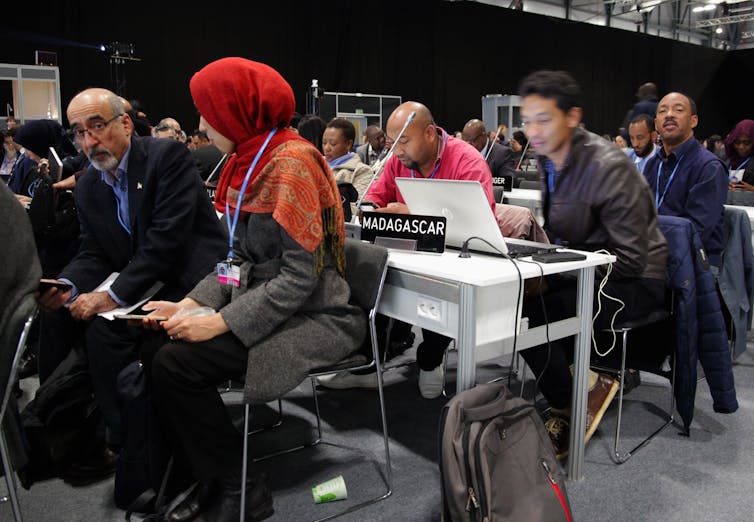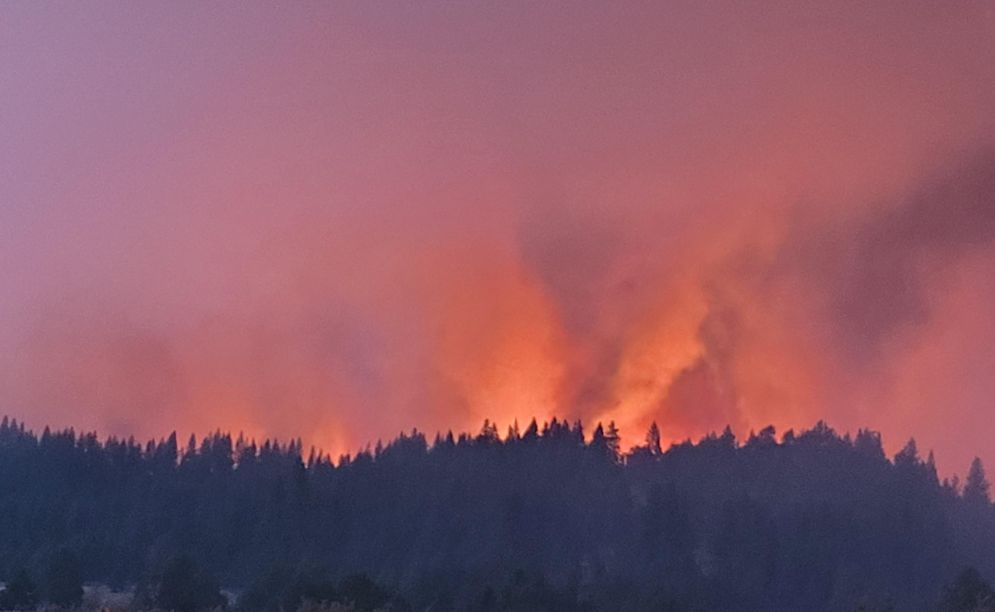The administration has taken steps to fulfill 13 other campaign pledges, including:
- Ending financing for overseas coal projects;
- Installing 500,000 electric vehicle charging stations; and
- Requiring that disadvantaged communities receive 40% of benefits from climate spending.
“For other campaign promises, the Biden administration has yet to initiate efforts to achieve them,” the report card says. “For example, Biden spoke numerous times during the campaign about addressing deforestation in the Amazon rainforest. He proposed a $20 billion conservation fund to address deforestation. However, this initiative was not part of his fiscal year 2022 budget proposal, and it is unclear what other steps the administration will take to address deforestation.”
CBD Action Fund identified just three Trump-era environmental rollbacks that Biden has reversed, including the so-called “secret science” rule restricting data the EPA can use to enact regulations; eliminating the use of the “social cost of carbon” in environmental reviews; and curtailing categories of industrial polluters subjected to greenhouse gas regulations.
Biden was also credited with taking steps to restore protections to the Tongass National Forest and the Bears Ears and Grand Staircase Escalante National Monuments, and with announcing recently that officials will “begin the process of undoing additional Trump-era rollbacks,” the report reads.
“The timeline and scope of these efforts is unclear,” said the CBD Action Fund. “For example, the Department of the Interior announced in June that it would ‘revisit’ the Trump-era rollback of the regulations guiding consultations under the Endangered Species Act.”
“But the department signaled that it would only reverse one of over 20 changes made by the previous administration to the regulations—specifically restoring the earlier definition of ‘indirect effects’—and stated that this effort would not even begin until December 2021 at the earliest,” the group continued.
In addition to more than two dozen Trump-era rollbacks the administration has taken no action to reverse, the group expressed indignation at Biden’s decision to support some of Trump’s attacks on the environment.
The president has declined to block the Line 3 pipeline in Minnesota or shut down operation of the Dakota Access Pipeline, as well as approving nearly 2,500 new drilling permits on public lands and waters—”roughly the same amount that the Trump administration approved during its first entire year in office,” the report card reads.
“Biden’s bold vision during the campaign won’t be met if his administration leaves large chunks of Trump’s pro-polluter legacy intact,” said Hartl.
Biden has also supported Trump’s weakened protections from pesticides for endangered species, an increased limit for Atrazine pollution in waterways, and the expanded use of antibiotics on citrus crops.
“If President Biden does not act boldly, right now, the impacts of climate change will be severe enough to make large swaths of our planet nearly uninhabitable,” CBD Action Fund said.
After a promising start, the group added, “complacency and inertia could stymy further progress on his climate and environmental goals. Without a continued and sustained effort in the next 12 to 18 months, any potential environmental legacy could easily be erased.”
This work is licensed under Creative Commons (CC BY-NC-ND 3.0).
